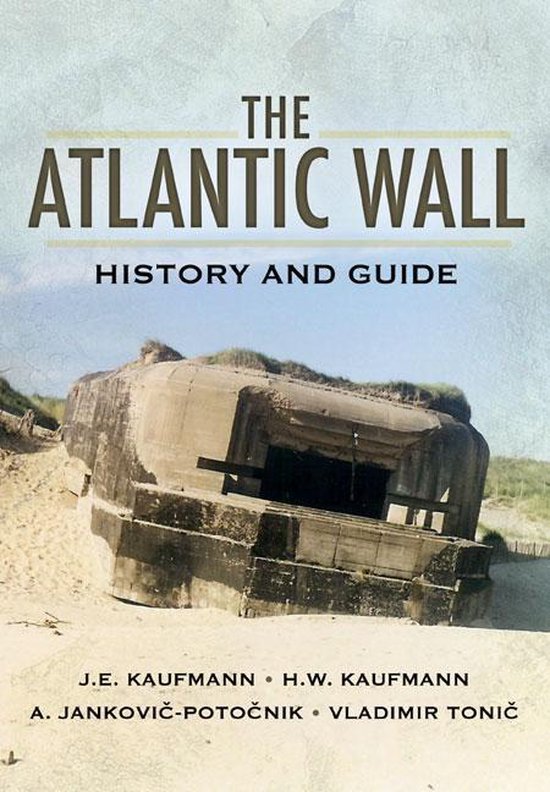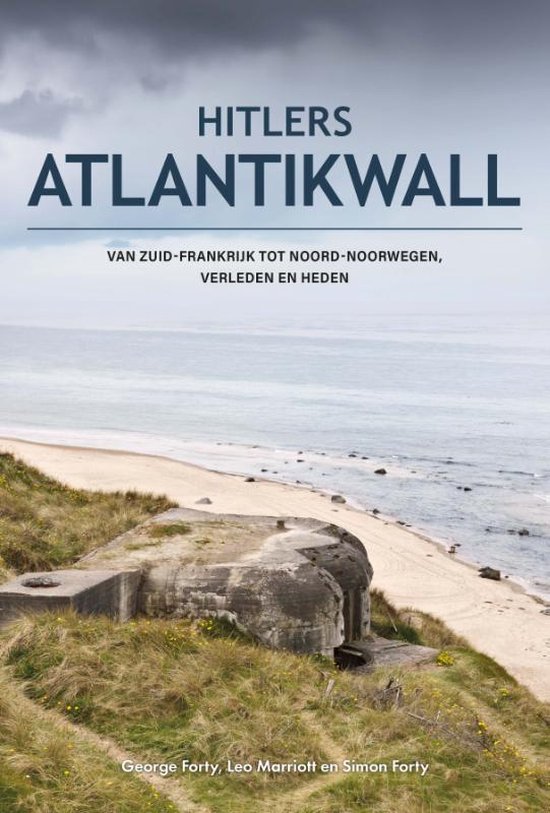
The Atlantic Wall
Hitler's Atlantic Wall, the complex system of coastal fortifications that stretched from Norway to the Spanish border during the Second World War, was built to defend occupied Europe from Allied invasion. Many of its principal structures survive and can be visited today, and this book is an authoritative guide to them. The wall, which was constructed on a massive scale between 1942 and 1944 by German engineers, forced laborers and troops, consisted of strong points, artillery casemates, bunkers, troop shelters, minefields, anti-tank and anti-boat obstacles. It also included the concrete U-boat and E-boat pens in the key ports and, behind the Channel coast, the V-weapon sites. This huge scheme of fortifications was one of the longest defensive lines in military history. This history and guide takes the reader - and visitor - through the entire story of the fortifications from the fall of France to the Allied breakthrough and the defeat of the German armies in Normandy. This narrative puts the extensive remains that can be seen today in a fascinating historical context. As a guide to some of the most impressive relics of the Second World War, this book will be essential reading and reference for any one who is interested in the history of fortifications, D-Day and the liberation of occupied Europe.
| Auteur | | J. E. Kaufmann |
| Taal | | Engels |
| Type | | E-book |
| Categorie | | Mens & Maatschappij |




